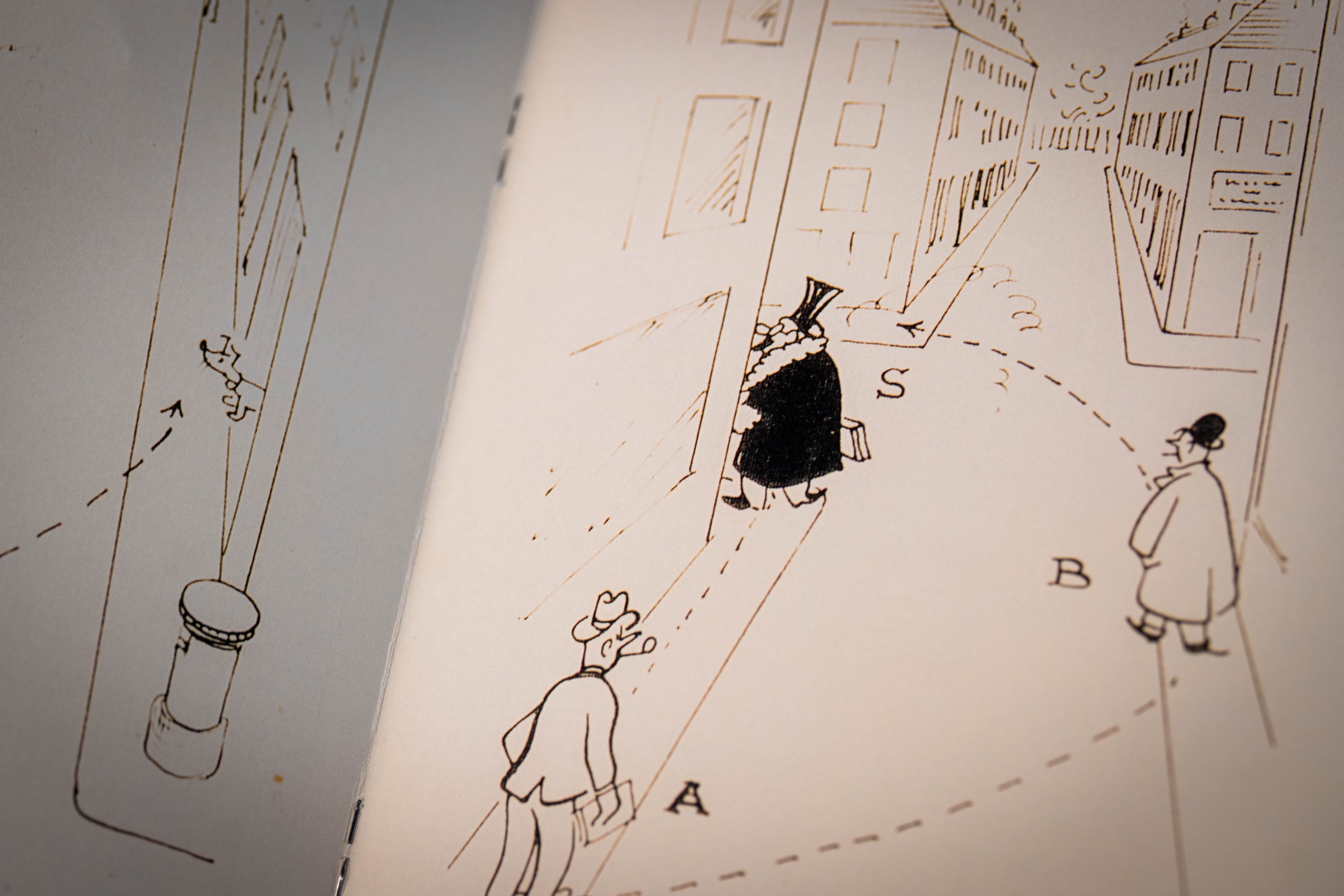New recruits to MI5’s “watchers” division during the Second World War received some highly practical – and occasionally unconventional – advice: avoid false beards, carry plenty of spare change for the Tube, and, if the moment comes to instruct a taxi driver to “follow that cab,” make sure you’re ready with a generous tip.
These instructions, part of a declassified training booklet for rookie operatives, are now on display at the National Archives in Kew, west London, as part of a new exhibition on MI5’s wartime activities. Far from the glamour of screen spies, the booklet emphasises the demanding and often monotonous reality of surveillance work.
“Observation is a very onerous and exacting profession,” it warns. “Screen sleuths of the secret service thriller or detective novel appeal to the uninitiated, but in actual practice there is little glamour and much monotony in such a calling as ‘observation.’”

The ideal operative, the booklet states, is “a rather nondescript type” who blends seamlessly into their surroundings. “The ideal watcher should not be more than 5ft 7ins or 5ft 8ins in height, looking as unlike a policeman as possible. It is a mistake to use men who are too short as they are just as conspicuous as tall men.”
For any aspiring spy imagining themselves donning elaborate disguises, the document provides a sharp reality check. “It may be considered essential in secret service films, but it is practice to be deplored,” it states. “A false moustache or beard is easily detected, especially under the high lights of a restaurant, pub, or in a Tube train.”
The booklet also includes detailed tactics for tailing suspects, with operatives urged to work in pairs whenever possible. “Keep about 25-30 yards behind the quarry, and when on the move by foot it is preferable to keep on the opposite pavement, except in very busy streets,” it advises. “Be prepared for the suspect to board a moving vehicle such as a bus, tram, or train, or hailing a cruising taxi, or any other device to shake off a ‘tail.’”
Particular attention is given to suspects prone to sudden manoeuvres. “When he is suspicious, a suspect will often board a train just before the doors close, making himself the last one on the train, or he may alight at the last moment: so do not give him any rope on such occasions,” it cautions.
And for the classic cinematic moment of a cab chase, the booklet offers both strategy and theatrics. “Choose, if possible, a modern cab for following and enthuse a little extra activity into the driver in order that he may avoid the suspect’s detecting the following cab in mirrors or from the rear window,” it suggests. “Concoct a suitable tale which may go down well with the cabby, such as a divorce case, absconding husband or wife, and promise the driver a good tip.”
The training manual’s blend of practical guidance and dry wit offers a rare glimpse into the daily grind of wartime espionage, revealing a world far removed from the glamour of spy fiction.

